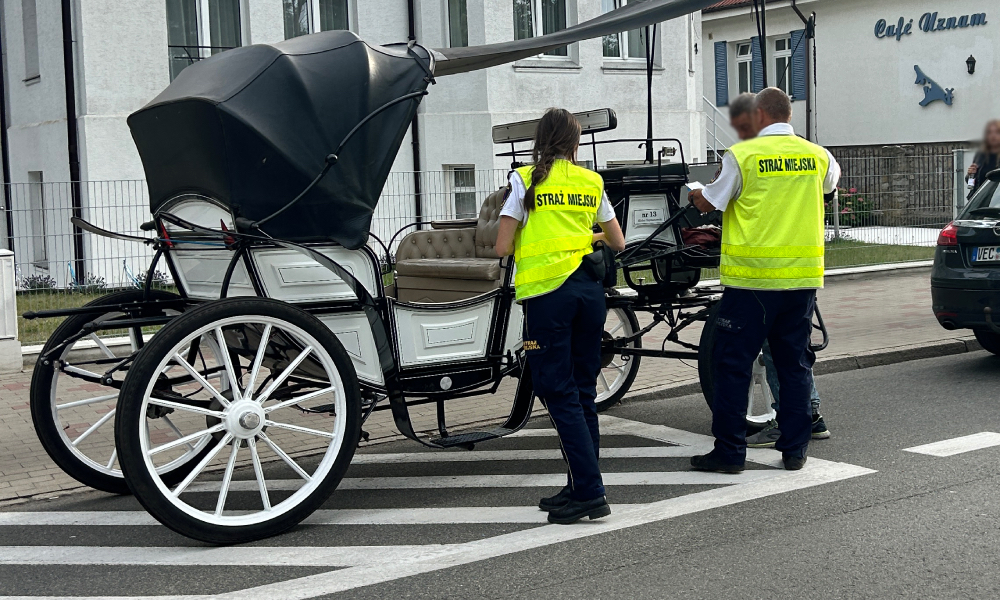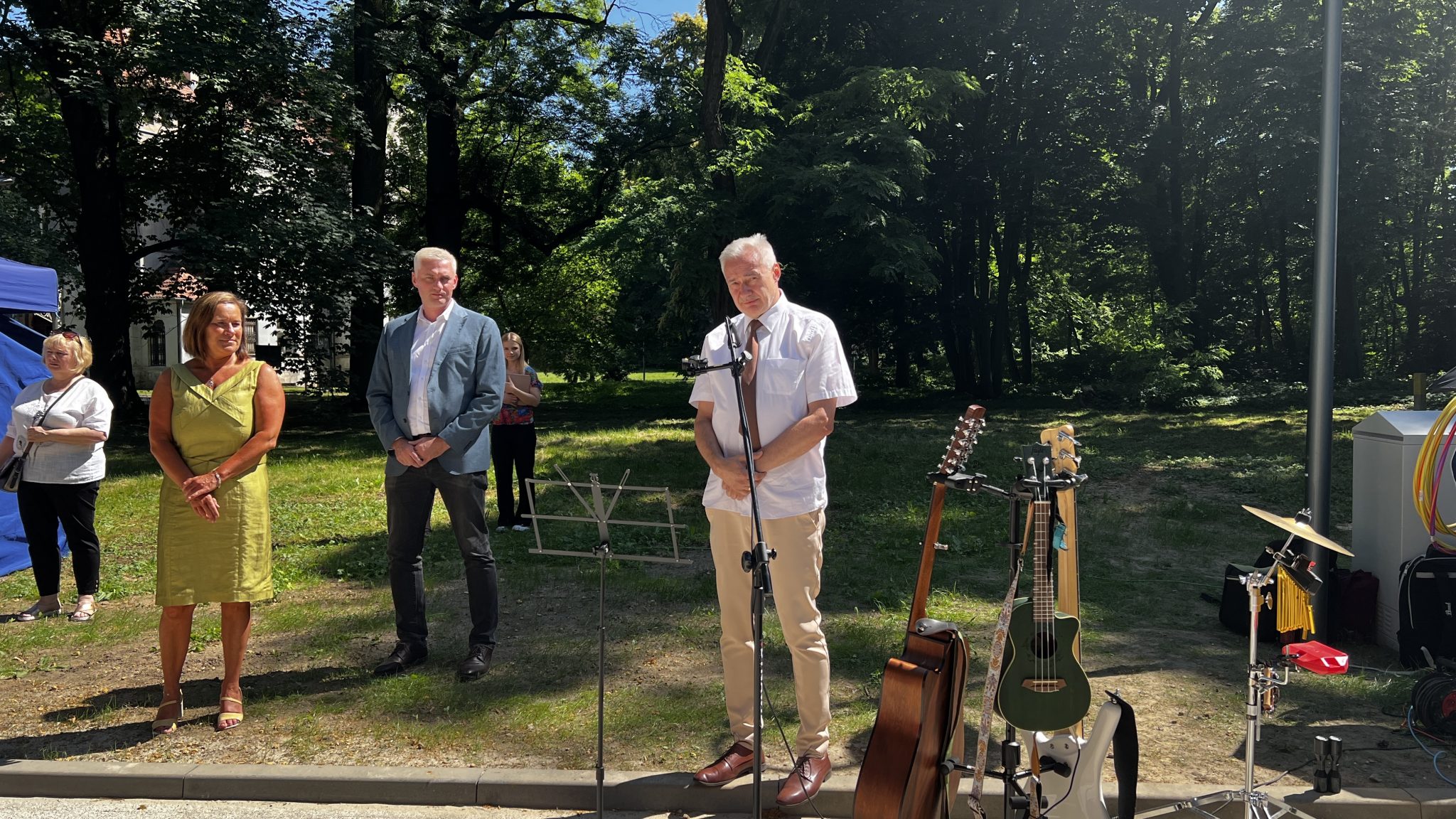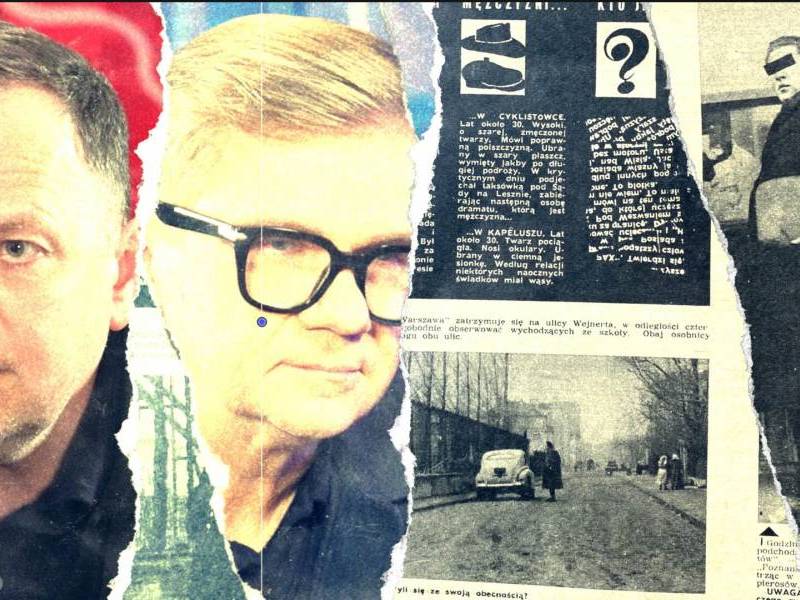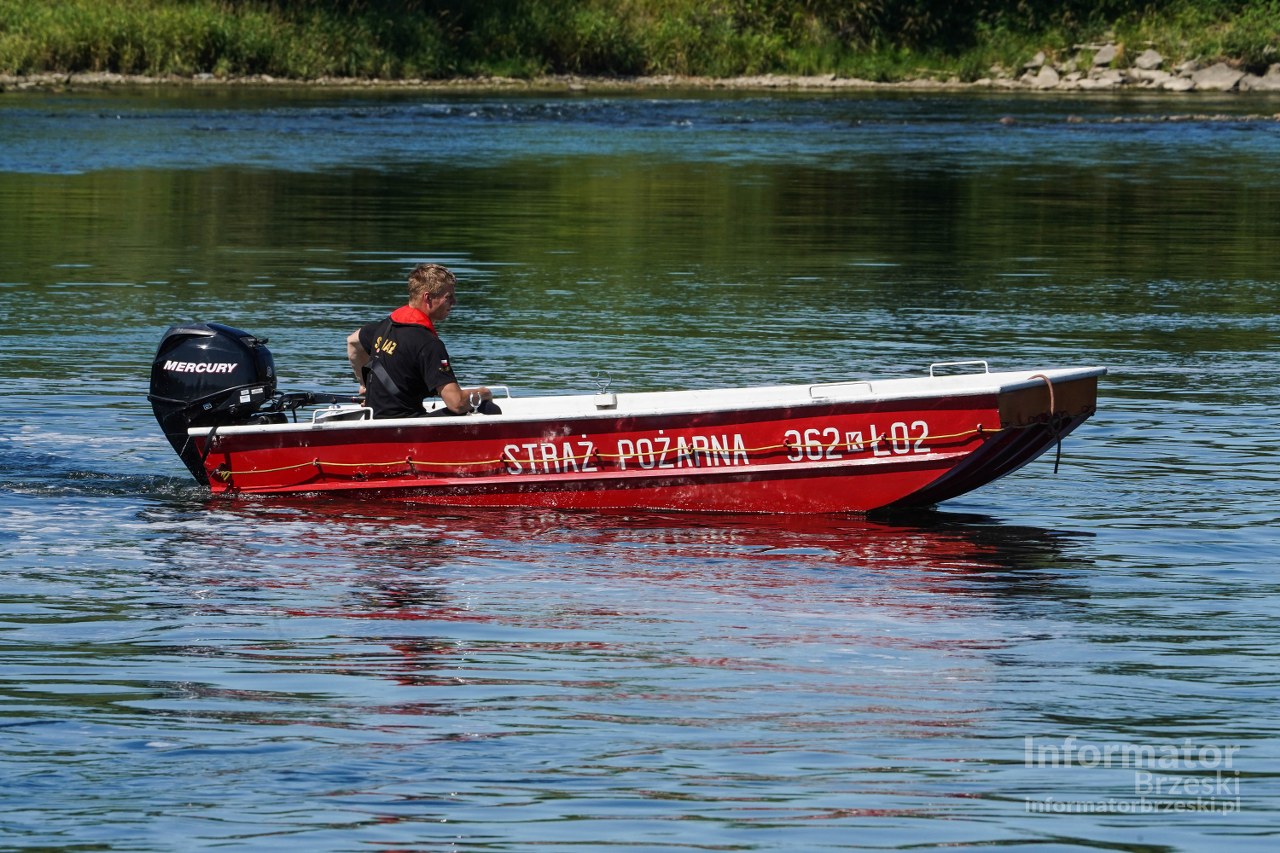Historical calendar – the anniversary of the Warsaw armed revolution against the reign of Tsar Mikołaj I as the king of Poland.
Today in our calendar we will look at the first phase of the November Uprising.
On the evening of November 29, 1830, a lecture on tactics was held at Podchorzech School, led by Lieutenant Nyko. Peter Wysocki abruptly came to the Hall and shouted for the assembled to fight. More than 150 people rose up and followed him, killing previously marked as opposing officers' uprising. Experienced commanders specified as General Józef Nowicki, Stanisław Trębicki, Stanisław Potocki, Ignacy Blumer, Maurycy Hauke, Tomasz Siemiatkowski and Colonel Filip Meciszewski died at the hands of the rebels.
After the execution of the superiors, the podchoracians went out on the streets of Warsaw and urged the inhabitants of the city to rise. Fearless townspeople closed doors and windows, hoping that the troops who were faithful to legal authorities would put an end to rebellion. At the same time, with action against the leadership, a tiny group of conspirators with Louis Nabielak at the head, attacked the Namestnikowski Palace, where they tried to capture and kill Prince Konstanty.
However, he snuck out of Belvedere disguised as a female and then fled town. Meanwhile, street marchers almost lost their religion in joining the capital’s people. The breakthrough was to enter the marketplace of rebels where their insurgent slogans yet hit the fertile ground. The rebel alliance was urban poverty, alcoholics, and prostitutes. The seditioned fat moved along with the sub-chambers under the Warsaw arsenal, which was captured, taking a crucial amount of weapons and ammunition.
The crowd then crashed Newachovich's hams and liquor stores. The memoirs on the night of 29 by 30 November agree to describe thousands of drunk people who did not think about fighting the Russians, but only about getting drunk.
On the morning of 30 November, Warsaw was liberated from Russian troops, but the conspirators, apart from killing their commanders and trying to capture Prince Konstanty, had no further plan of action. Therefore, power as if nothing had been taken up by the Administrative Board with Francis Ksawery Drucki – Lubecki and Adam Jerzy Czartoryski at the head. It issued a decree on the surrender of weapons acquired in the arsenal, and prohibited the wearing of three-colour bows that mention to events from the French Revolution.
Soon the Council attempted to conclude a settlement with the Tsar and a peaceful end to the coup. specified an agreement could only be concluded after the 29 November judgement of the guilty, so clearly the subjects could not look at the negotiations indifferently. On 1 December, members of the collusion with Maurycy Mochnacki at the head, founded the so-called. Patriotic Society, demanding an escalation of the conflict and a declaration of war by the government of the Kingdom of Russia.
Political disputes about what to do next continued in the capital for respective days, while news of the outbreak reached the state and caused mass occurrences of the population. Just as in Warsaw, after gathering tiny insurgent groups, alcohol retention and inns were first attacked. Interestingly, a large number of Kingdom cities sent delegations to the capital in the first days of their uprising with petitions to arrest the provokers and reconstruct order.
The rising revolutionary sentiments in the capital led to the dissolution of the Administrative Board and the appointment of the Provisional Government with Czartoryski in its place. It became all the easier that part of the Council with Drucki Lubecki at the head of the group went to Russia as part of a delegation to negociate with the Tsar a truce and reconstruct order. The chieftain was chosen by Józef Boyzicki, who, like Kościuszko, appointed himself dictator of the uprising on 5 December.
Despite assurances of readiness to take up the fight, General Boycki did not believe in the success of the rally, so from the very beginning he sabotaged the concentration of the army and sent runners to the Tsar to suspend his arms. He proposed mediation with the aid of Prussia, at the same time passing the Tsar commanders through his officer Tadeusz Wylechyński, information about the current position of Polish branches.
As it turned out, not only did he search compromise – Tsar Mikołaj introduced martial law in Polish partitions and ordered the concentration of Russian troops, but he besides issued a manifesto calling for the return of power to the Administrative Council, which could peacefully end the revolt.
Meanwhile, in Warsaw there was a complete radicalization and the war temper clouded common sense. Under force from the revolutionised crowd, on December 20 the Sejm announced a manifesto calling for national uprisings and war with Russia for full independence. The Tsar's failure to respect the Constitution was cited as the origin of the rabble. This pretext is duplicated to this day and presented as the main and frequently the only origin of events from 1830 to 1831.
For members Patriotic Society, the announcement of the uprising itself was besides soft an attitude, especially given the passiveness of the chief chief and the mediocre preparations for defence against the Russian intervention corps of Field Marshal Ivan Dybic, who slow gained full combat capability. The situation was small helped by the cancellation of Boycott and his replacement by Michał Gideon Radziwiłł.
In order to further escalate the moods, the podchoracies organized a large manifestation in honor of the Decabrists and demanded the dethronement of King Nicholas. The Sejm bowed to their demands and announced an act of dethronement on January 25. At the end of the period formed National Government, again with Czartoryski in the lead. It has begun beating fresh coins, forming armed forces and dealing with European countries to get their support.
The radicals from France, Hungary, Belgium and Germany have organised a series of demonstrations in support of the rabble, but they have not been followed by any concrete promises to aid European governments. The uprising was unwelcomed by the another 2 possessive states and Pope Gregory XVI, who was more inclined to see in it another installment of the planet revolution than the actual conflict for independence.
Previous entry from our calendar is available Here.













![Nielisz: Power Sobótka. największą popularnością cieszyły się koncerty [ZDJĘCIA]](https://static2.kronikatygodnia.pl/data/articles/xga-4x3-nielisz-power-sobotka-najwieksza-popularnoscia-cieszyly-sie-koncerty-zdjecia-1751631617.jpg)


